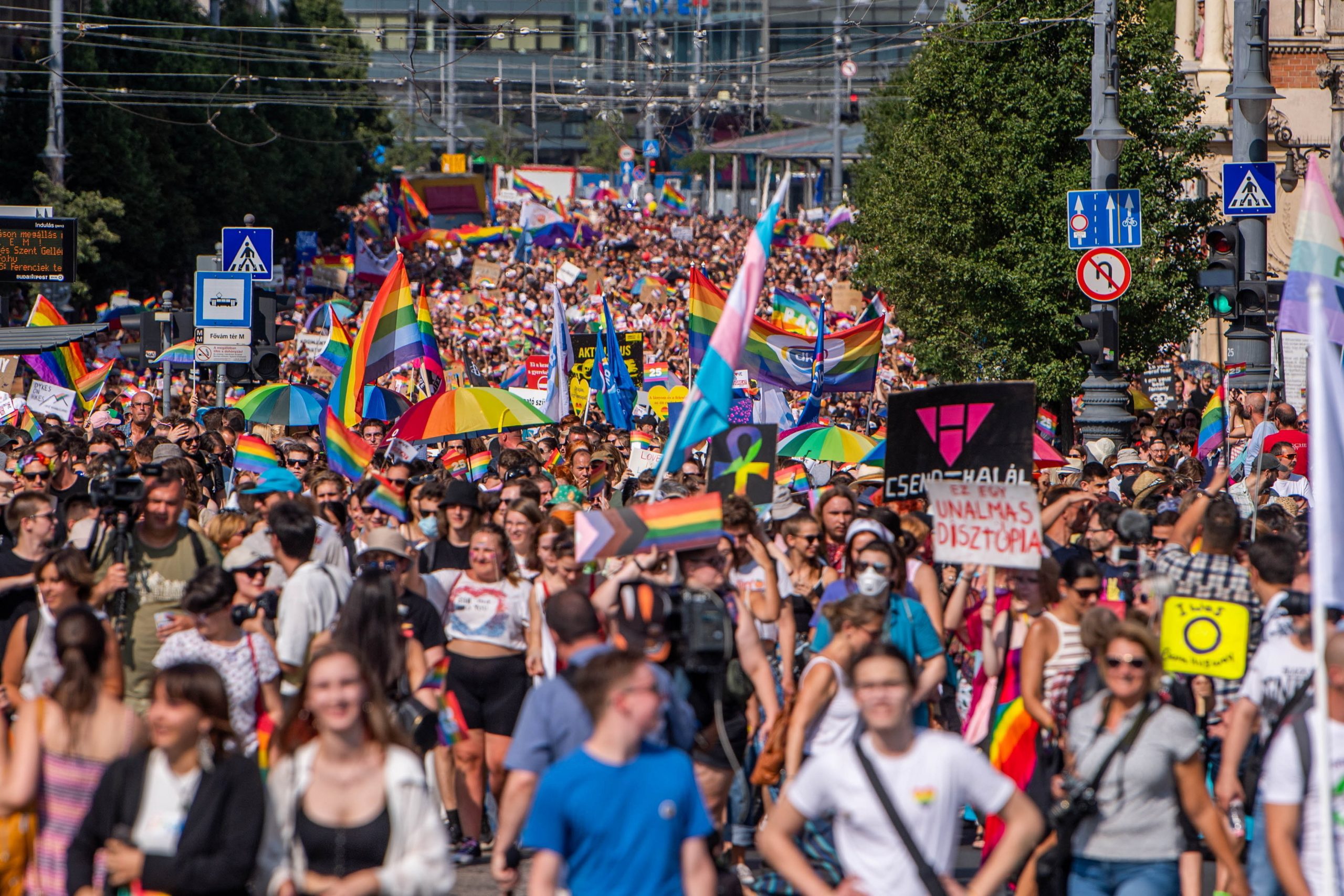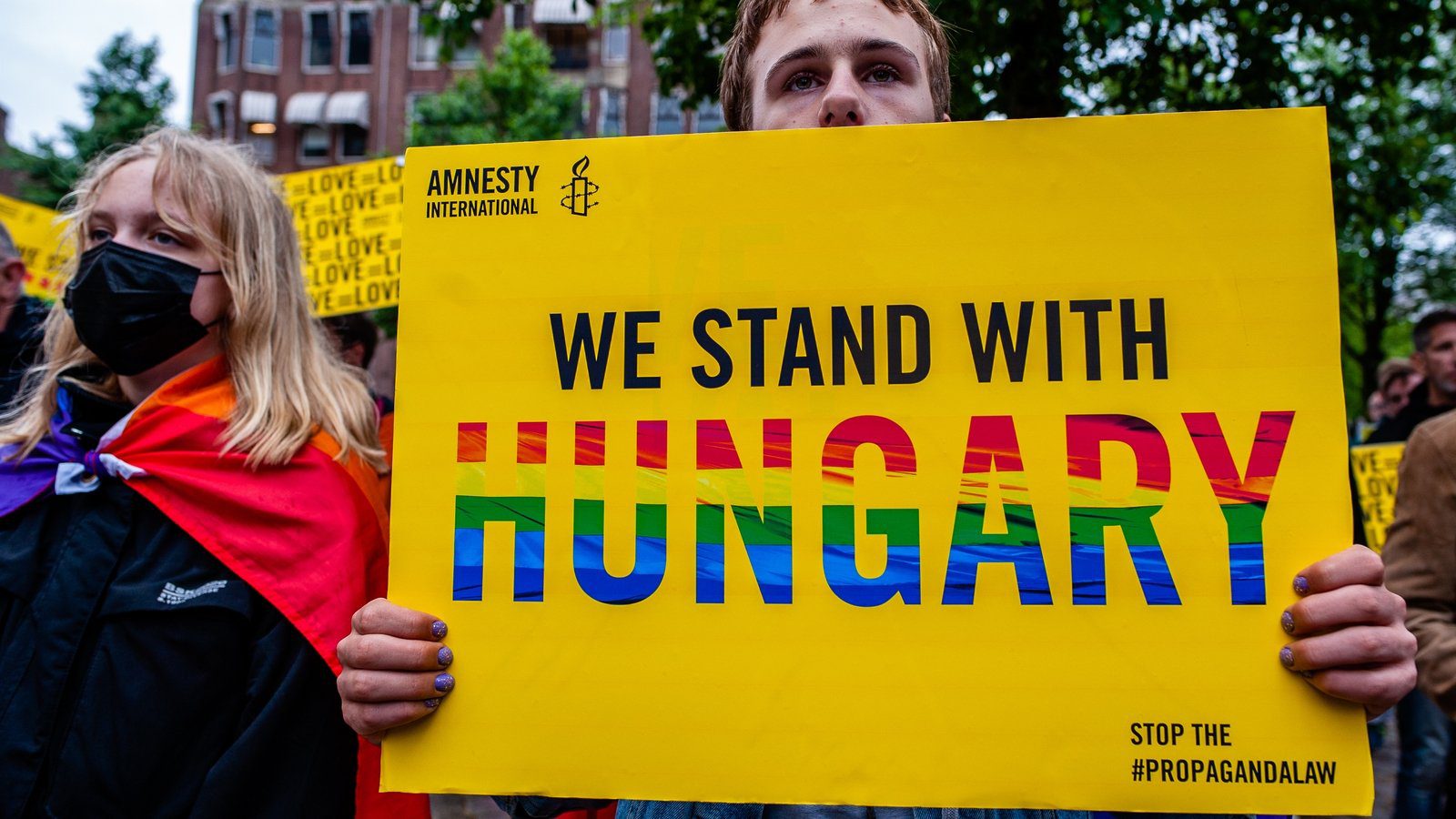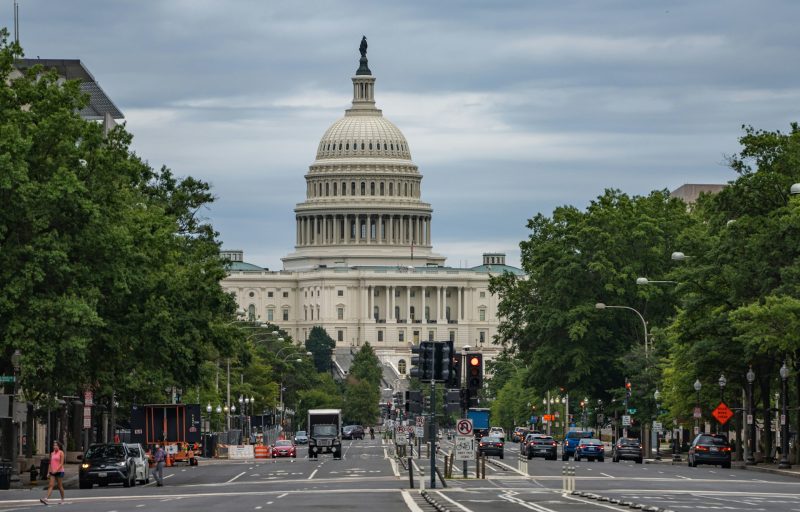The case of Russia’s gay propaganda law that banned the promotion of gay people and any activity relating to them, seems to be resurfacing in a different way as legislation has passed in Budapest banning LGBTQ content in schools and kids TV shows.
Any kind of information to minors that is seen as promoting alternative gender dispositions contrary to what is traditional is now against the law, and the law was placed under a bill that is meant to provide measures that attempt to eradicate the occurrence of child abuse in the country.

France 24 | There has been massive unrest in Hungary as a result of recent anti-LGBTQ laws
“Tagging these amendments to a bill that seeks to crack down on child abuse appears to be a deliberate attempt by the Hungarian government to conflate child abuse with LGBTQ people,” The director of the amnesty international in Hungary, David Vig, said.
There has been massive unrest in the country as a result of these anti-LGBTQ laws, and the pride parade was carried out as a protest this year, where thousands of people marched in Budapest against the discriminatory laws.
The pride point person for Budapest, Jojo Majercsik, had expressed that many people in the LGBTQ community “are afraid and don’t feel like they have a place or a future” in Hungary anymore, and some teenagers in the country are talking about leaving if things get worse. One of the protesters, Anasztazia Orosz, said that the law was only going to limit the amount of information available to young people which is important for validation of their own gayness.
Many European Union politicians have aggressively opposed this legislation, and have also taken legal action against the Hungarian government for violation of LGBTQ rights.

RTE | Many European Union politicians have aggressively opposed this legislation
The protest cut into the heart of Budapest as protesters marched across the Danube River through the liberty bridge, and some members of opposition parties also took part in the march, most notably the major contender to the present government, Mayor Gergely Karacson, to show support, and possibly win the support of the community in the coming elections.
Just like it happened in the past, passing these kinds of laws only gives the anti-LGBTQ movement free room to carry out hostile discriminatory acts against the LGBTQ community.
The Victor Orban government in Hungary has highlighted some reasoning behind their actions saying “there are contents which children under a certain age can misunderstand and which may have a detrimental effect on their development at the given age, or which children simply cannot process, and which could therefore confuse their developing moral values or their image of themselves or the world.”
The present Hungarian government seems to be openly against any deviation from what they believe to be the traditional gender roles, like in the 2019 boycott of Coca-Cola bottling company products by members of the Fidesz party because they ran an advertisement that featured gay couples smiling, and anti-discriminatory slogans in support of gender diversity.

The Irish Times | The protest cut into the heart of Budapest as protesters marched across the Danube River through the liberty bridge
It was also evident during the vote at the National Assembly that brought this law into play with 157 votes for the anti-LGBT law, and just one against.
It came as no surprise that some counter-protests were occurring concurrently with the pride march in central Budapest, however, whether a lot of people will remain in the country or not depends largely on the outcome of the next election.


